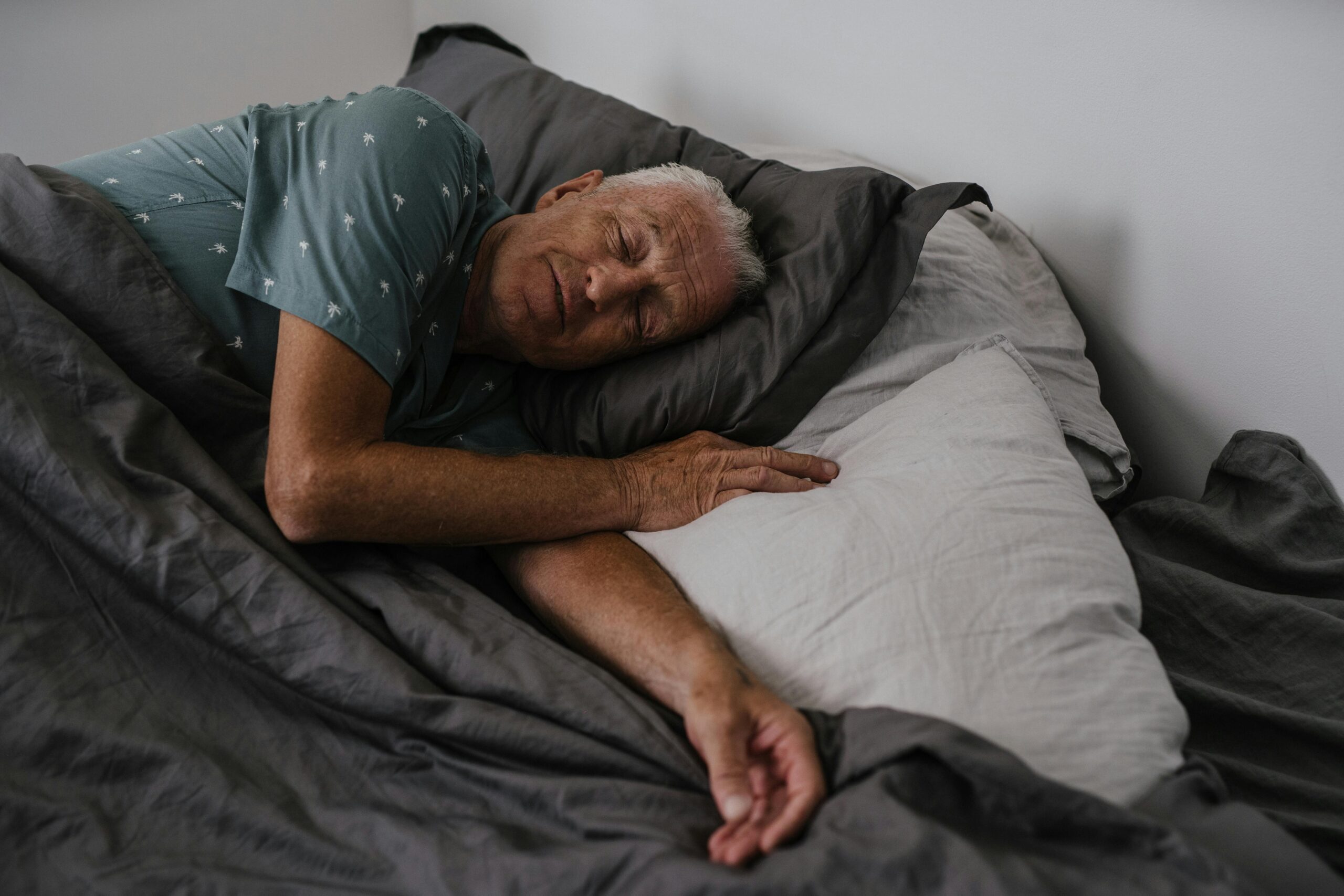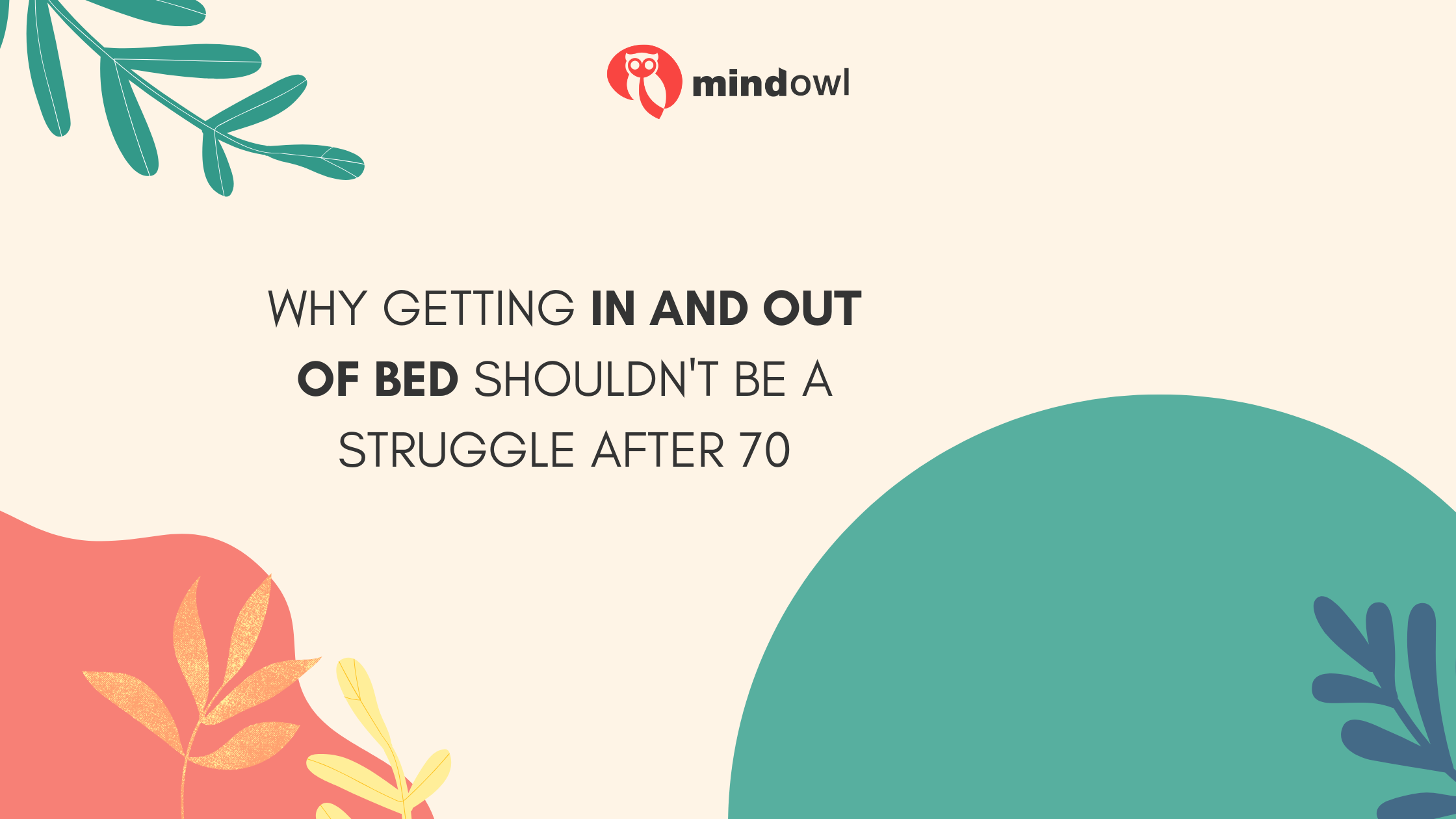
As you age, getting in and out of bed can become a daily challenge, affecting your independence and well-being. This article explores why this matters for seniors, how beds for seniors can transform routines and what it means for mental and physical health. From adjustable beds for seniors to simple lifestyle changes, you’ll find ways to preserve dignity and safety. Discover how to make your bedroom a cornerstone of aging with confidence.
Rising from bed each morning, once a simple act, can feel like a hurdle after 70. For many seniors, this isn’t just about stiff joints or an old mattress—it’s a quiet test of autonomy. Struggling with beds for seniors can erode your confidence, increase fall risks and affect your mental well-being. Yet, with smart beds for seniors and thoughtful adjustments, this daily task can empower you. Picture a bedroom that supports your independence, helping you age with dignity.
Why Mobility Matters After 70
Your bedroom is more than a place to rest—it’s where independence begins each day. Getting in and out of bed requires strength, balance and coordination, which often decline with age. The National Institute on Aging notes that nearly 30% of adults over 70 face mobility limitations, making bed transitions a significant challenge. This isn’t just a physical issue; it shapes how you feel about your self-reliance.
Adjustable beds for seniors offer a solution, letting you customize height and angles to ease joint strain and reduce fall risks. Unlike standard beds for seniors, these prioritize function, helping you maintain control over your routine. For example, someone with arthritis might find that smart beds for seniors with motorized adjustments turn a morning struggle into a moment of ease. How much would starting your day with confidence change your outlook?
How Struggles Affect Your Mind
Physical challenges in the bedroom can ripple into your mental well-being. Autonomy is vital for psychological health in later life, as a 2020 study in the Journal of Gerontology found. Seniors with greater control over daily tasks reported lower depression rates and higher life satisfaction. Struggling with beds for seniors can undermine this control, fostering frustration or even anxiety.
Consider the emotional toll of needing help to start your day. The fear of losing independence can lead to social withdrawal or reluctance to engage in activities you love. Smart beds for seniors, with features like programmable positions, can restore confidence. Pair these with small changes—like bedside rails or non-slip mats—and you create a space that supports both safety and peace of mind. What could a worry-free morning mean for your day?
Keeping Safety First in the Bedroom
Falls are a major concern, and the bedroom is a common trouble spot. The Centers for Disease Control and Prevention reports that one in four adults over 65 falls each year, often during transitions from beds for seniors. A bed that’s too high or too low can turn a routine moment into a risk. That’s where adjustable beds for seniors make a difference.
These beds let you set the perfect height—low enough for your feet to touch the floor, high enough to stand with ease. Smart beds for seniors might include handrails or voice-activated controls, reducing risks for those with conditions like Parkinson’s. To boost safety further, try these steps:
- Practice gentle exercises like chair yoga to improve balance.
- Clear bedroom clutter to create safe pathways.
- Add bright, accessible lighting to avoid fumbling in the dark. These changes, paired with the right bed, help you move with confidence, not caution.
Transform Your Bedroom into a Haven
Your bedroom should feel like a sanctuary, not a challenge. Outdated beds for seniors or cluttered spaces can create stress instead of calm. By choosing adjustable beds for seniors, you can tailor your environment to your needs. Clear pathways and good lighting further enhance accessibility, making your bedroom a place of empowerment.
Think creatively: a sturdy chair beside your bed can act as a support for standing or sitting. Smart beds for seniors with voice controls or memory settings simplify adjustments, even on tough days. Occupational therapists emphasize that accessible bedrooms, with tools like adjustable beds, empower seniors to live independently longer. These changes show respect for the aging process, creating a space that nurtures both body and spirit. How could a reimagined bedroom change your daily experience?
Take Charge with Knowledge and Action
Understanding your options is the first step to aging well. Many seniors don’t realize how beds for seniors can improve quality of life. The National Council on Aging highlights the value of proactive planning, such as choosing adjustable beds for seniors or learning about mobility aids. Education empowers you to shape your environment.
Take action to make it real:
- Consult an occupational therapist for personalized bed and exercise recommendations.
- Join community fall-prevention workshops for practical tips and social connection.
- Explore smart beds for seniors with features like remote controls for ease of use. These steps help you see aging as an opportunity to adapt, not a decline. By choosing the right tools, you can start each day feeling capable and confident.
Starting your day shouldn’t feel like a battle. Getting in and out of bed is a small but vital act that shapes your independence, safety and mental well-being. With adjustable beds for seniors, smart beds for seniors and mindful habits, you can reclaim this moment as one of strength. Aging with dignity means creating spaces that honor your needs, ensuring every morning brings possibility.
MindOwl Founder – My own struggles in life have led me to this path of understanding the human condition. I graduated with a bachelor’s degree in philosophy before completing a master’s degree in psychology at Regent’s University London. I then completed a postgraduate diploma in philosophical counselling before being trained in ACT (Acceptance and commitment therapy).
I’ve spent the last eight years studying the encounter of meditative practices with modern psychology.

